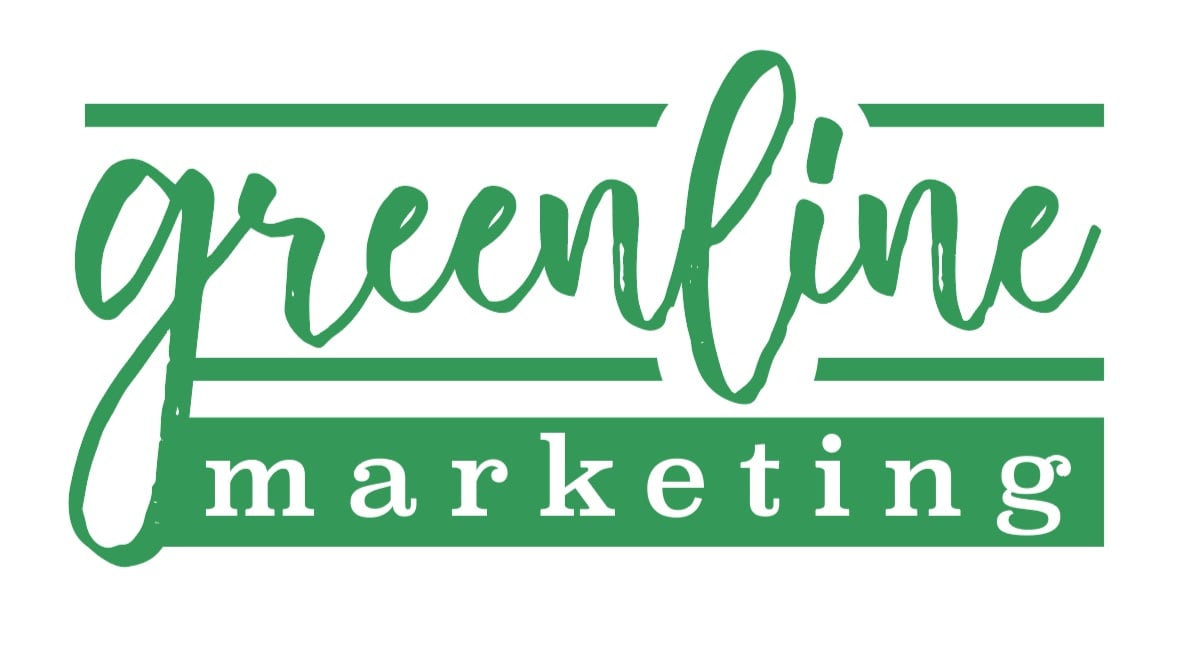The first email was sent in the 1970’s by a man named Ray Tomlinson. That forever changed how people communicated and soon, how people would market their products and services. I think we can all agree it’s not unusual to get several emails a day from brands and companies with content about products and services, ongoing promotions, or just an informational product email.
Most businesses made email marketing part of their regular marketing and communication strategy a decade or two ago. But that doesn’t mean it’s going out of style. When email marketing efforts are used, it has shown the ROI to reach 2,500%. So yes, it really does pay off.
Email marketing should not be ignored. There are many reasons to use email communication as a marketing tactic - has a much larger reach, delivers your message, is a preferred way of communication, and will continue to stand the test of time.
1. email marketing has a larger reach
 Although we live in a world where social media seems to reach the biggest audience, consider the amount of people email reaches. According to a Radicati Group study, there were more than 3.8 billion email users during 2018, which means over half of the planet currently uses email.
Although we live in a world where social media seems to reach the biggest audience, consider the amount of people email reaches. According to a Radicati Group study, there were more than 3.8 billion email users during 2018, which means over half of the planet currently uses email.
While social media is also an effective way to reach a large group of people, email marketing can’t be left in the dust. Consider this: if you want to reach the biggest group possible, you would have to utilize multiple social media platforms at once. This is fine; but if you use email marketing, you can reach the same amount of people with one single tactic. As long as you’re intentionally segmenting your lists and targeting your content, email can take your marketing messages to the next level.
2. Email delivers your message
Email marketing, at its best, should be direct and aim to reach a specific audience. If you post something on social media, unfortunately, it’s not guaranteed the right people will see it - or that even everyone will see it. A great aspect of email marketing is that the intended customers will receive an email in their inbox. Emails should not be mass-sent to everyone, they should still be specific, intentional, and targeted based on audience. From there, it’s up to the individual if they want to engage with the email. That being said, your message is about 45 times more likely to be seen using email as compared to Facebook.
As a marketing strategy, email is a great way to communicate specifics about a product or service without overwhelming your audience. Email is conveniently a place where consumers expect to receive information. You can also utilize email by linking to or pointing to additional information. For example, email is a great place to preview a blog from your website, lead to a new website page or an internal promotion, or even offer a downloadable resource. The options for email content are endless.
If you really don’t like the idea of writing and sending out emails, consider using marketing automation tools to make this more approachable. You can use marketing software to send out pre-written and scheduled emails; it’s another way to prepare different emails about various topics and services and then being able to send them out for certain dates throughout the year.
3. email is a preferred way of communication
Humans have become wired to check their email and check their email again. But is it just a habit, or a preference too? In a recent HubSpot study, more than 50% of U.S. respondents said they check their personal email more than 10 times a day; they also noted email as their preferred way of receiving updates from their favorite brands. Humans like to receive information through a channel that gives them time to soak in the information and to learn more if they chose so. Aside from that, when looking forward to trends to come; 73% of millennials prefer communications from businesses via email.
A study conducted by the DMA found that for every $1 spent, email has an average $38 return on investment. It is shown when shoppers are ready to buy something, they’ll look to emails to find information. However, as years pass, people receive more and more emails in their inbox; it’s important to consider your content and whether it’s easy to read. Time and time again, it’s proven that a simple, concise subject line will always help grab the attention of the reader.
Email marketing is a great piece of the lead generation puzzle, too. It gives you a platform to provide ample information to an audience who might not know as much about you, your business, or your services. It’s a great place to dive a bit deeper.

4. Email is here to stay
Consider the different social media trends over the last 15 years or so... MySpace was popular at one point and now it’s basically obsolete. Facebook, Instagram, and Twitter are popular platforms now, but who’s to say that they won’t become ‘old school’ in years to come? One thing that has stayed true throughout the years? Email.
As mentioned earlier, in 2018, the world’s email account population was 3.8 million. It is expected to grow to 4.2 billion by the end of 2022. This platform isn’t going anywhere, and it’s only going to continue to grow.
Email marketing really does stand the test of time. Some question whether or not future generations will use email just as much as we do now. An OptinMonster survey showed 75% of teenagers consider email a daily part of their lives. Email will continue to thrive and grow as a method of communication, even for generations to come.
are you convinced yet?
Email marketing has proven to pay off. A HubSpot study shows 99% of consumers check their email every day. EVERY. SINGLE. DAY. If you reach out, your message is likely to be seen. Consider drafting a few emails and sticking your foot in the door. Your potential and current customers alike might just take action.

.png)


